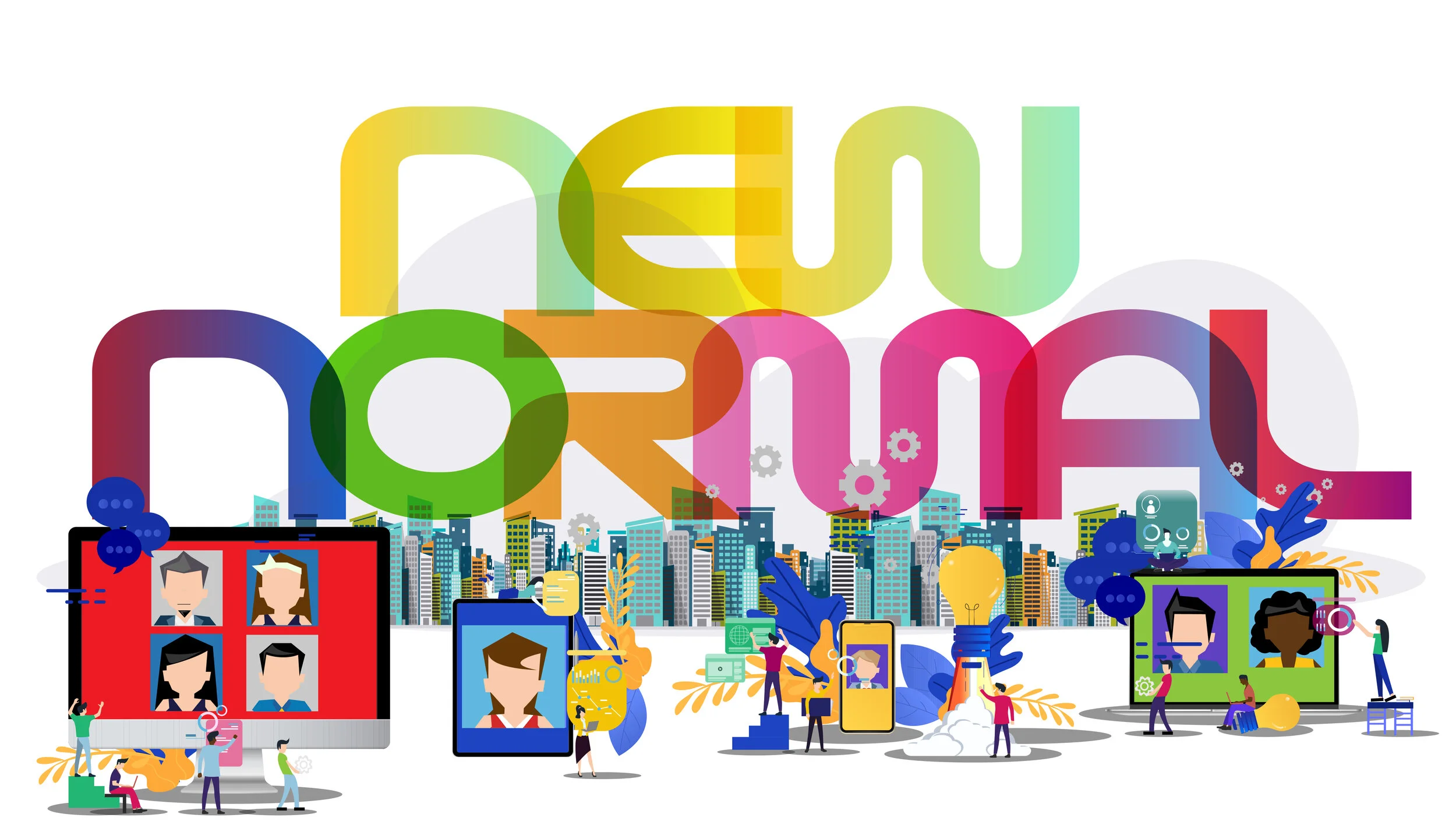As Seen In
This Working from Home Thing is No Longer Temporary…and it needs non-temporary training
Your team was not groomed with the essential skills needed to thrive in a Working from Home environment.
Get Your Staff Fully Equipped with the Skills and Capabilities Needed for Optimal Performance in a Remote Working Environment.
Or risk losing them for good…
Fill out the form below to have us help your team not just get by…but thrive!
“More than one in four women are contemplating what many would have considered unthinkable just six months ago: downshifting their careers or leaving the workforce completely. This is an emergency for corporate America. ”
What is Remote Work?
Remote work is a working style that allows professionals, especially those who seek flexible jobs working from home, to work outside of a traditional office hours and environment. It is based on the concept that work does not need to be done in a specific place to be executed successfully. This has seen an explosion of co-working spaces across the U.S. (like WeWork).
Why Now?
Remote workers have been around for a while and have also been called “untethered workers” (source: Julie Albright); workers who are “unhooking from the traditional office nine-to-five and sprinting free”. Many untethered workers see themselves as digital nomads, living a glamorous life working from a high-tech van, sailboat, or beach. But in reality, untethered really means working by necessity from anywhere you can get connectivity and is really good for sales people, brokers, and agents who are in their cars often on the move.. Remote work when done at home can also help prevent the spread of illness, helping companies avoid lost productivity and protecting public health. The outbreak of COVID-19 prompted many employers to shift to a remote work model for all employees possible in a bid to limit the spread of the coronavirus.
Remote Work has a Checkered Past
Remote work was very rare a decade ago. Working from home was usually only available as a special arrangement to accommodate families in specific cases. In the past, remote employees have had a bad reputation. Many employers believed their workforce would be too easily distracted at home, where their managers couldn't keep an eye on their direct reports.
Are Remote Workers Productive?
A recent study conducted by Airtasker surveyed 1,004 full-time employees – 505 of whom were remote employees – throughout the U.S. about their work habits and productivity. The results indicate that remote workers are actually more productive than their office-based counterparts. The study found that:
Remote employees work an additional 1.4 more days per month than in-office employees, which is nearly 17 additional workdays a year.
Remote employees take longer breaks on average than office employees (22 minutes versus 18 minutes, respectively), but they work an additional 10 minutes a day.
Office workers are unproductive for an average 37 minutes a day, not including lunch or breaks, whereas remote employees are unproductive for only 27 minutes.
15% of remote workers said their boss distracted them from work, which is less than the 22% of office-based employees who said the same thing.
Choice: Remote or Office?
HBR did a survey recently the measured motivation of people who worked from home vs. the office and found that the most important determinant was CHOICE. High levels of motivation are evident for BOTH office and remote work, however, those who had no choice in where they worked had the lowest level of motivation. This has enormous implications for the future when many of us will have a choice again about where we prefer to work.
Common Challenges of Remote Work
Lack of face-to-face supervision: Both managers and employees often express concerns about the lack of face-to-face interaction. Supervisors worry that employees will not work as hard or as efficiently (though research indicates otherwise, at least for some types of jobs). Many employees, on the other hand, struggle with reduced access to managerial support and communication. Employees working remotely often feel that their remote managers are out of touch with their needs and less supportive and helpful in getting work done.
Lack of access to information: Newly remote workers are often surprised by the added time and effort needed to locate information from coworkers. Even getting answers to what seem like simple questions can feel like a large obstacle to a worker based at home.
Social isolation: Loneliness is one of the most common complaints about remote work, with employees missing the informal social interaction of an office setting. It is thought that extraverts may suffer from isolation more in the short run, particularly if they do not have opportunities to connect with others in their remote-work environment. However, over a longer period of time, isolation can cause any employee to feel less “belonging” to their organization, and can even result in increased intention to leave the company.
Distractions at home: We often see photos representing remote work which portray a parent holding a child and typing on a laptop, often sitting on a sofa or living-room floor, which is pretty unfair. Employers should make sure that their remote workers have dedicated workspace. The current crisis caused a sudden transition to virtual work, so there is a much greater chance that employees will be contending with suboptimal workspaces and (in the case of school and daycare closures) unexpected parenting responsibilities. Even in normal circumstances family and home demands can impinge on remote work; managers should expect these distractions to be greater during this unplanned work-from-home transition.
Click the image below to read the rest of the article…
Don’t go about this alone. Fill out the questionnaire below and we will reach out with our resources to help!
Topics we can help you around:
Face to face versus remote sales strategies
Remote prospect meetings
How to Transition Your Inside Sales Team to Work From Home
The Challenges of Training Remote Sales Teams
How to Succeed in Remote Sales
Employee Engagement in Virtual Training and Remote Meetings
Online sales training
And a lot more!












The financial services industry is shifting, and firms must adapt their advisor compensation strategies to stay competitive. Advisors seek clarity in career growth, ownership opportunities, and incentives aligned with long-term success. At Select Advisors Institute, we help firms develop structured compensation frameworks that attract, retain, and motivate top talent. Our expertise extends beyond pay structures—we guide firms in building succession plans, recognizing leadership contributions, and ensuring fair equity transitions. With a focus on performance measurement and sustainable growth, we help financial firms optimize their talent strategies for long-term success. If your firm wants to refine its approach, connect with Select Advisors Institute for innovative, high-impact solutions.